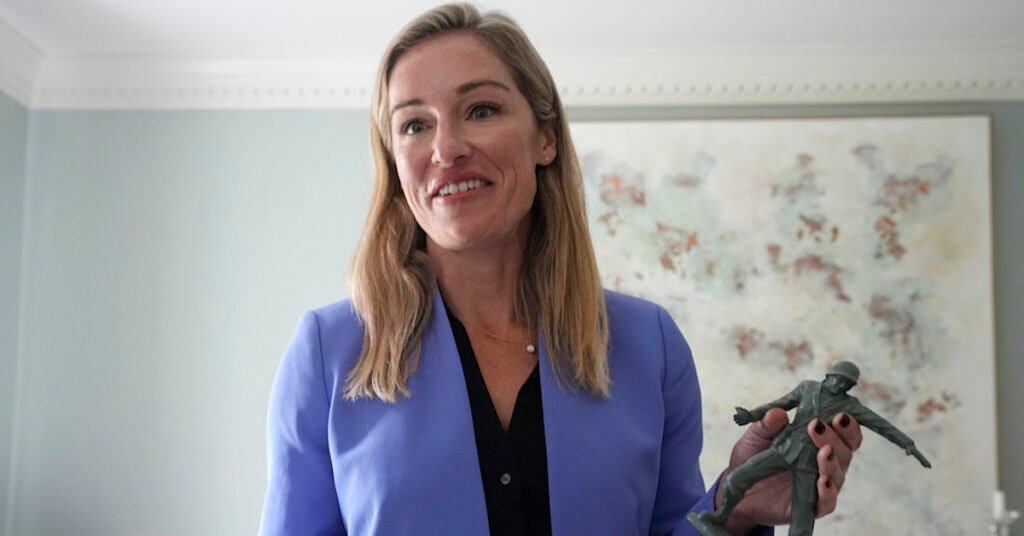Ted and Jamie Garber have built their real estate portfolio around one main goal: generating cash flow.
“Each rental needs to shed cash flow immediately and, on average, pay back our initial investment within three to six years,” Ted told Business Insider.
Between their 15 commercial and residential investment properties along the Space Coast of Florida, which Business Insider confirmed they own through the Brevard County Property Appraiser, they said they’re earning six figures annually. It’s one of the many income streams they’ve built in order to hit their financial independence goals.
Ted, who runs a digital advertising agency full-time, added that the rental income is “mostly passive.” He self-manages each of the properties, while Jamie, an attorney by trade who left the corporate world years ago to raise their two kids, handles the legal and administrative work, from purchase agreements to writing the leases.
“It’s as automated as it can be. We can run this remotely,” he said, estimating that they spend about 10 hours a month on real estate-related activities.
The Garbers, who closed on their most recent property in September 2025 and say they’re still in “growth mode,” shared six software tools they use to run efficient and profitable rental businesses.
Avail and Wave for property management. The Garbers use two different software programs to manage their properties: Avail for their residential units and Wave for their commercial units.
Avail, a software program for landlords, does everything from listing your property and screening potential tenants to collecting rent and tracking maintenance. Wave, designed for small business owners, creates invoices, accepts online payments, and tracks income and expenses.
“I get notified when payments come in, I get notified if people are late — and it automatically assesses late fees for residential, for example,” Ted explained. The property management software allows them to travel whenever, stress-free, he added: “We spend a couple of weeks every summer out of the country, and we’ve been able to do that without a hiccup for the last five years.”
AirDNA for market research and revenue forecasting. AirDNA, a short-term rental (STR) data analytics platform, helps the Garbers analyze markets and returns.
Related stories

Business Insider tells the innovative stories you want to know

Business Insider tells the innovative stories you want to know
“It provides data on occupancy rates, average daily rates, seasonal trends, and revenue projections, helping us identify which markets and properties have the strongest cash flow potential,” said Ted. “This informs whether we should buy a property for STR purposes or adjust pricing strategies for existing rentals.”
LoopNet and Crexi for deal sourcing. These are marketplaces specifically for commercial and multifamily properties that the Garbers use to find deals that fit their “buy box” — the set of criteria they’ve established that they want to see in a property before purchasing.
“It’s also useful for comps — checking market values and trends in commercial real estate,” said Ted. “Essentially, it’s our pipeline for sourcing potential acquisitions.”
Dropbox Sign for contracts and closings. Once the Garbers have negotiated a deal and begin the closing process, they turn to Dropbox Sign to sign and manage legal documents.
“It speeds up the closing process by eliminating paper and allowing multiple parties to sign remotely,” said Ted.
Each of software programs serve a purpose and are essential to growing and managing their portfolio, he added: “In short, AirDNA helps you analyze markets and returns, LoopNet helps you source deals, and Dropbox Sign helps you close them efficiently.”







